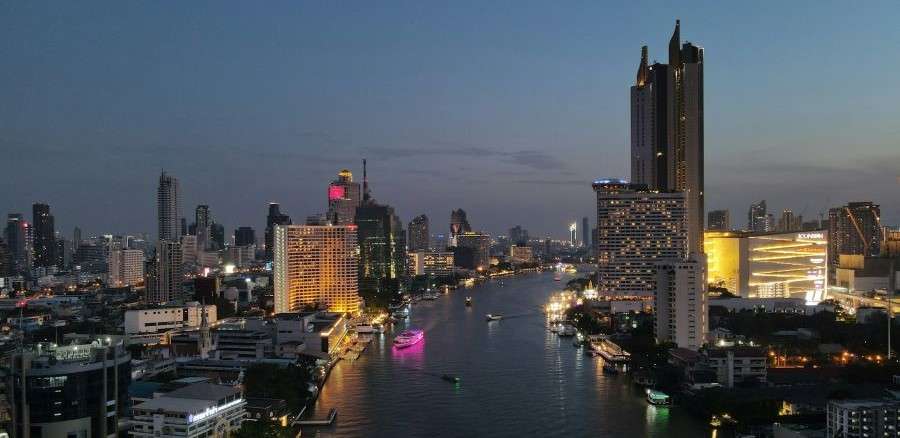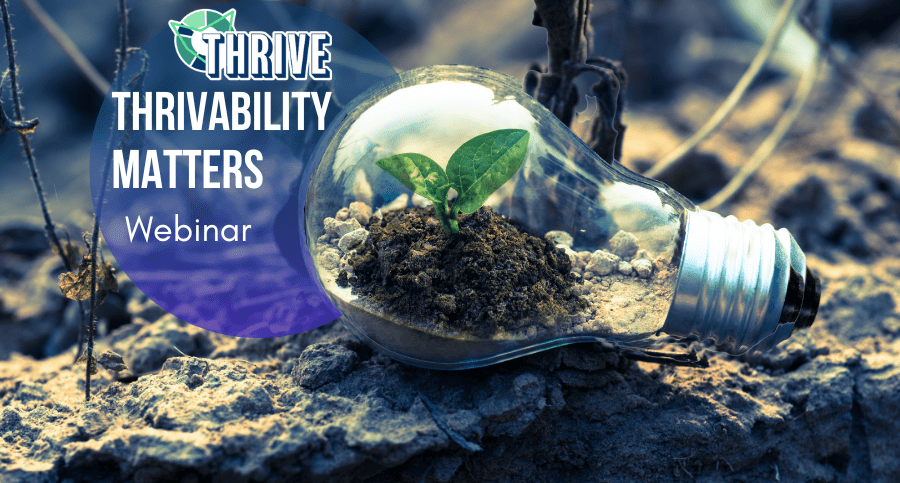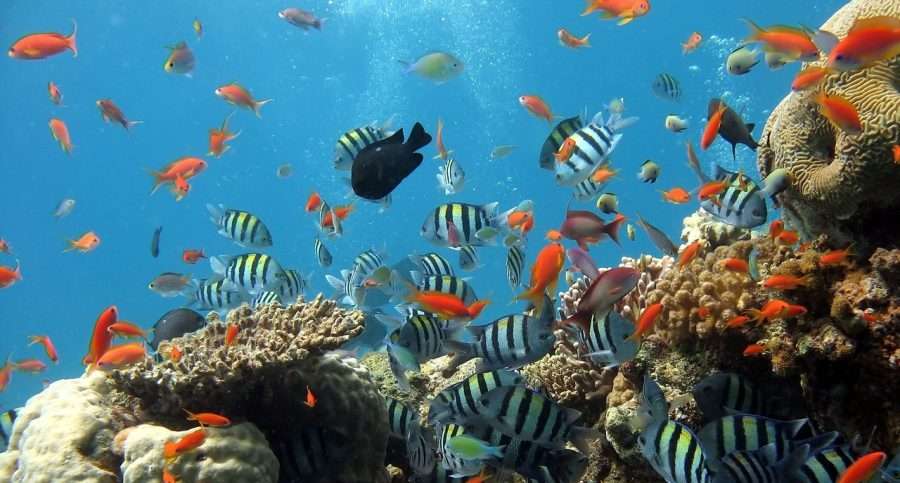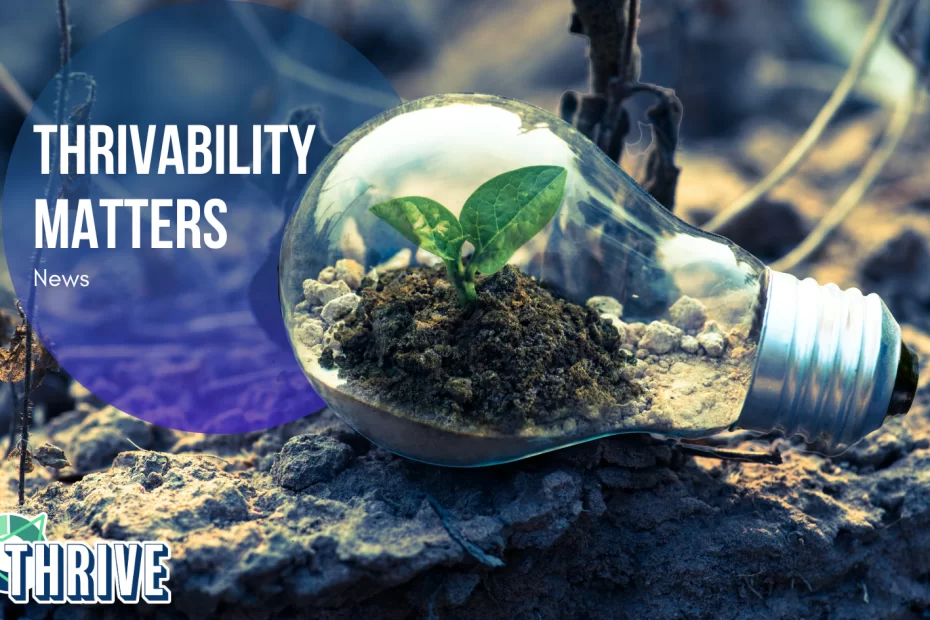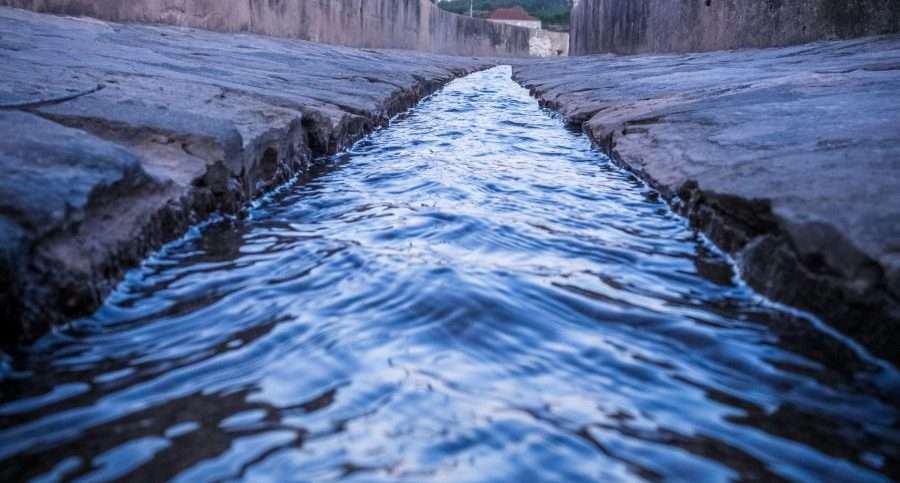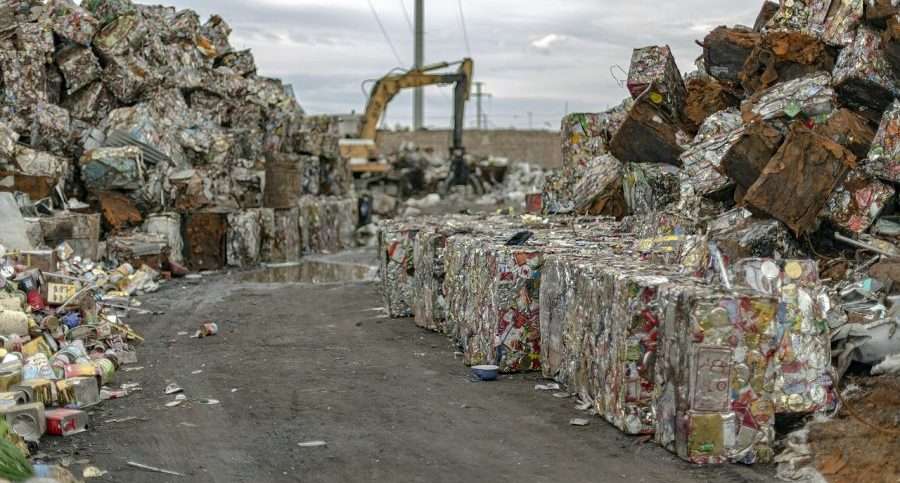Warning: Trashing the Ocean is Killing Marine Life
The entanglement and ingestion of plastic is killing marine life at an alarming rate. Thousands of seabirds, sea turtles, seals, and other marine mammals die from this each year. Endangered wildlife like Hawaiian Monk Seals and Pacific Loggerhead Sea Turtles are among nearly 700 species that swallow or get caught in plastic waste. On top […]
Warning: Trashing the Ocean is Killing Marine Life Read Post »
Environment, Health, Sustainability





















